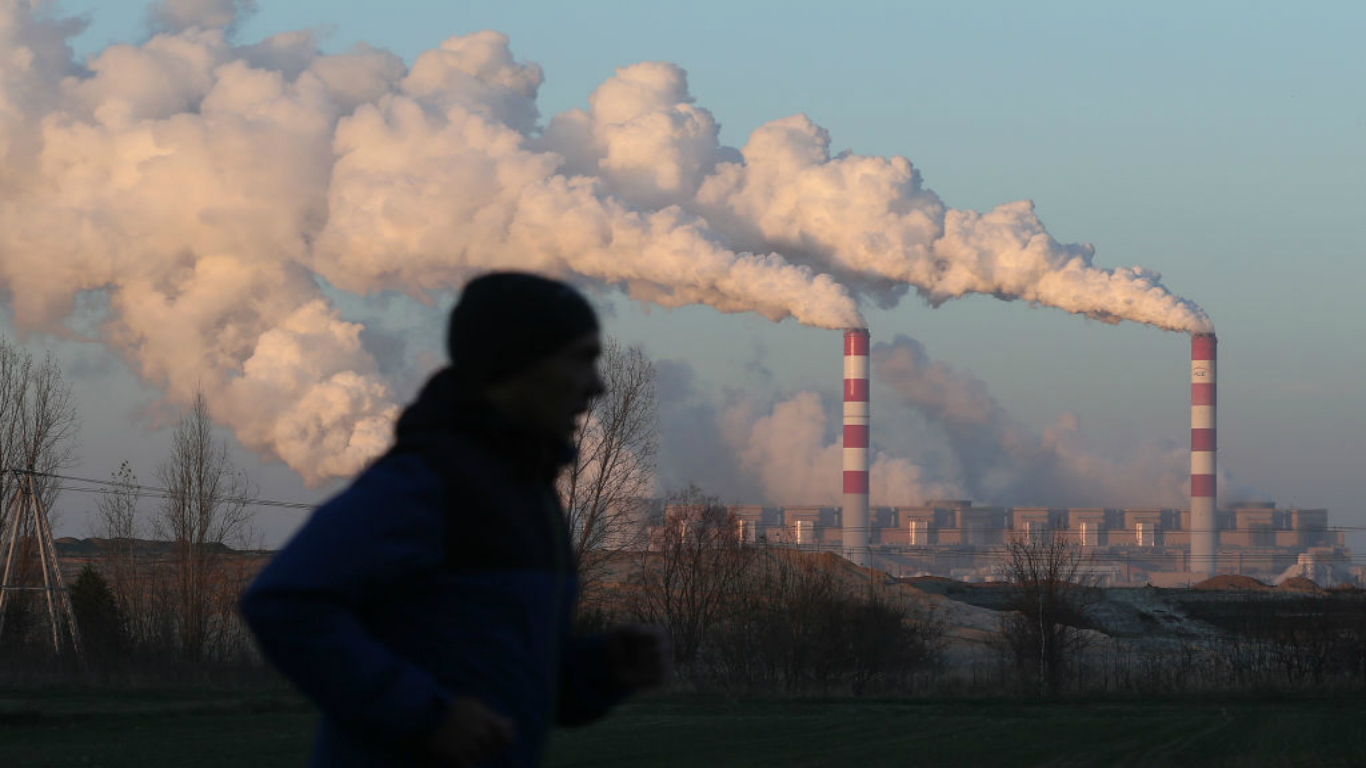
Air pollution stings our eyes, burns our lungs, and turns our skies murky brown or yellow. It is also responsible for the early deaths of some seven million people every year — almost one every five seconds, according to David Boyd, an independent expert on human rights and the environment for the United Nations Access to clean air isn’t just a nicety, he says; it’s a human right.
In advance of World Environment Day tomorrow — its theme this year is air pollution — Boyd issued a statement identifying an uncontaminated atmosphere as a core component of a healthy environment, and noted that “the right to a healthy environment is fundamental to human well-being.” The failure of governments globally to ensure clean air, said Boyd, is a “violation of the rights to life, health, and well-being, as well as the right to live in a healthy environment.”
Boyd repeated the advice he offered in a report presented to the UN Human Rights Council in March on ways to reduce air pollution: Countries should monitor air quality and its impacts on human health; assess sources of air pollution; establish air quality legislation; and develop air quality action plans.
“In celebration of World Environment Day,” Boyd said, “I urge States to take bold action to beat air pollution, improve health, address climate change, and fulfill their human rights obligations.”
Bad air quality isn’t solely an urban concern, an issue only in the world’s most polluted cities: An estimated 90% of the world’s population is estimated to breathe polluted air. One specific type of air pollution, commonly known as PM2.5 — shorthand for particulate matter that is 2.5 micrometers in diameter or smaller — is especially harmful. The source of PM2.5 is typically combustion — fires, automobiles, or factories — and this type of air pollution has been linked to a number of health issues, including asthma, lung infections, heart attacks, and premature death. In the United States, these are the states with the most premature death.
More than half of the population is affected even in countries with a reputation for clean air. For example, 56.9% of people in Denmark are exposed to air pollution, and Denmark is considered to be among the countries doing the most to protect the environment.
Are You Ahead, or Behind on Retirement?
If you’re one of the over 4 Million Americans set to retire this year, you may want to pay attention. Many people have worked their whole lives preparing to retire without ever knowing the answer to the most important question: am I ahead, or behind on my goals?
Don’t make the same mistake. It’s an easy question to answer. A quick conversation with a financial advisor can help you unpack your savings, spending, and goals for your money. With Zoe Financial’s free matching tool, you can connect with trusted financial advisors in minutes.
Why wait? Click here to get started today!
Thank you for reading! Have some feedback for us?
Contact the 24/7 Wall St. editorial team.

